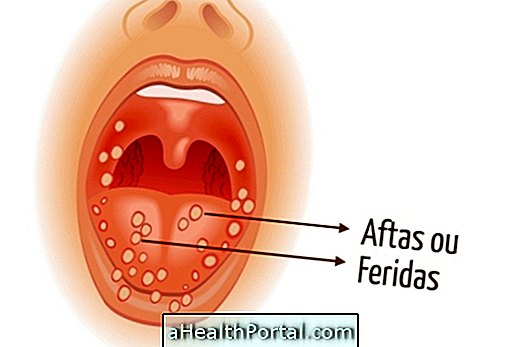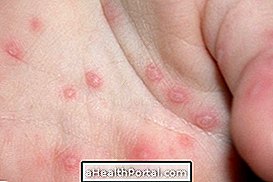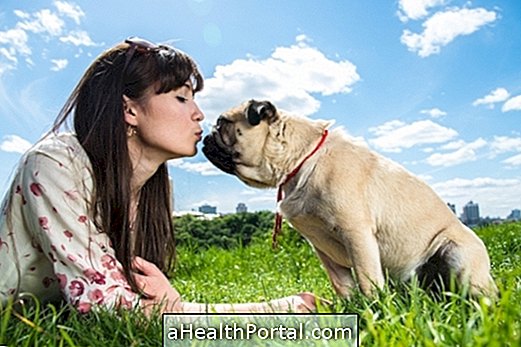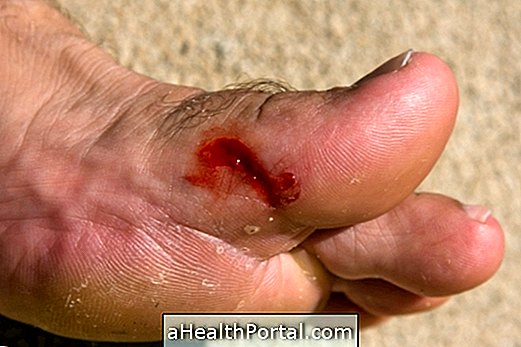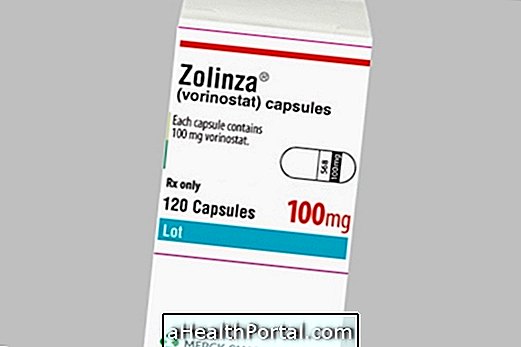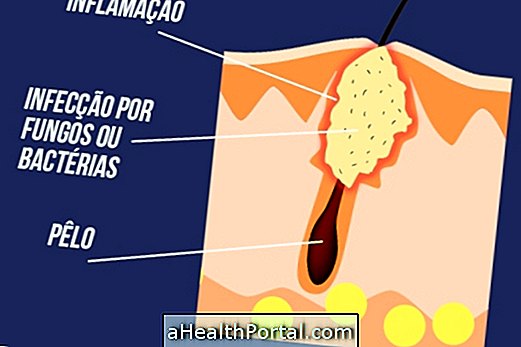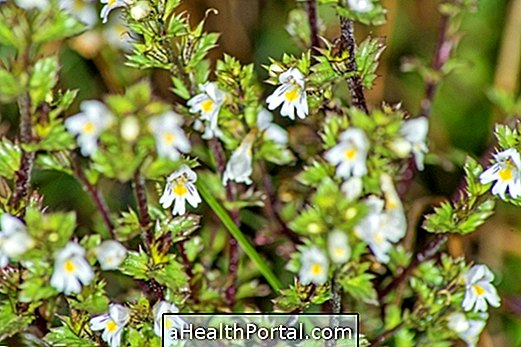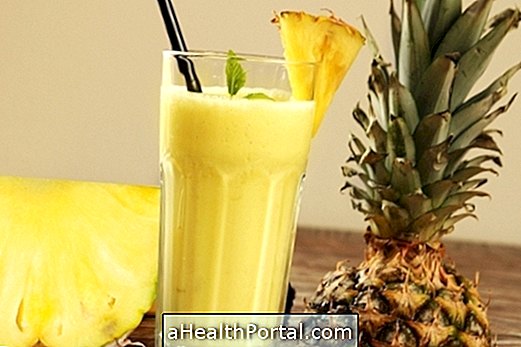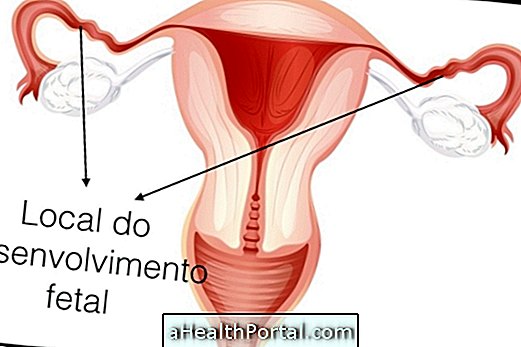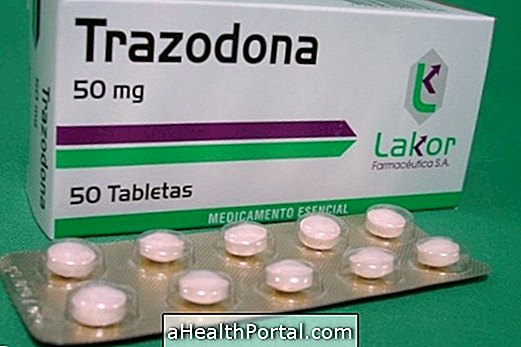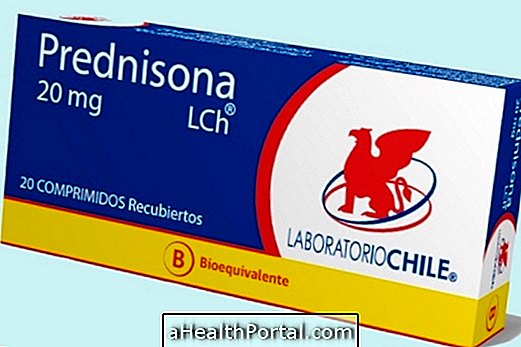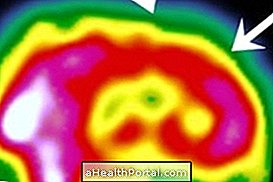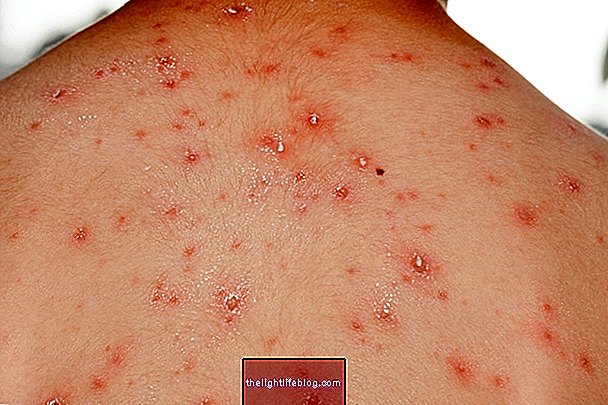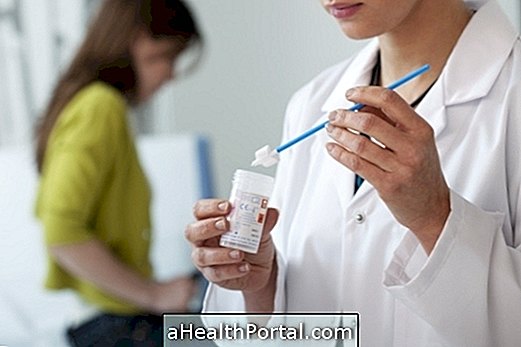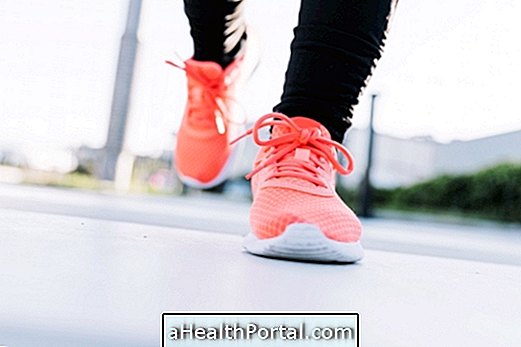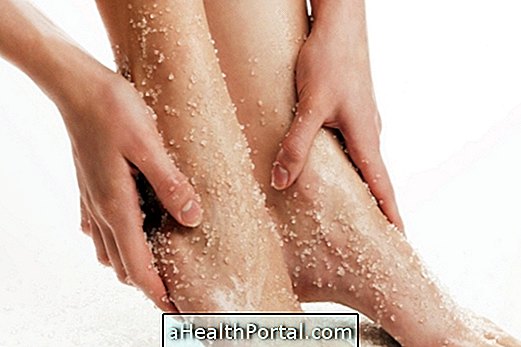Rain and floods can transmit diseases such as ringworm, hepatitis and leptospirosis, so avoid contact with water, especially during periods of flooding.
However, if it is very necessary to contact this type of water, to clean the house or recover objects, it is necessary to wear waterproof plastic boots or, alternatively, to cover hands and feet with 2 or 3 plastic bags, one above from the other and attach them to the wrist and heel with a strong durex.
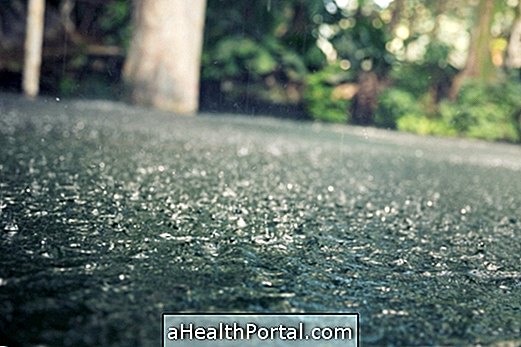
Some of the diseases transmitted by contact with floodwaters are:
- Leptospirosis: Due to a bacterium present in the urine and feces of animals such as rats, pigs, goats, sheep, dogs, oxen and cows;
- Pneumonia: Due to the entry of fungi into the respiratory system generating symptoms similar to those of the flu;
- Malaria: Transmitted by the bite of the malaria mosquito, which leads to liver and blood impairment;
- Ringworm: Skin disease caused by a fungus, which penetrates the skin, generating symptoms such as itching, redness and small wounds;
- Toxoplasmosis: Due to the consumption of food contaminated with the virus of toxoplasmosis, present in the feces of dogs and cats;
- Typhoid fever: Due to the consumption of food contaminated with a bacterium called Salmonella, generating symptoms like fever, nausea and tummy ache;
- Hepatitis: Due to the consumption of water or foods contaminated with the hepatitis virus, yellowing the skin and eyes due to liver involvement.
In addition to these diseases, cholera is another disease that can be transmitted through untreated or contaminated water, see other diseases in the sewage.
Rain and floods can also lead to the spread of the dengue mosquito, and to protect yourself you should use a repellent daily and never leave standing water to prevent mosquito growth. See all you can do in: How to prevent the spread of the dengue mosquito.
How to avoid diseases caused by floods
To avoid these diseases it is recommended not to contact the flood waters and when the water goes down washing all that the flood water has wet with chlorine to kill all harmful micro-organisms.
You must also use repellent in the days following the floods, only drink chlorinated or filtered water and eat food that has not come into contact with the flood waters. Here's how to ensure food safety: How to wash fruits and vegetables.
